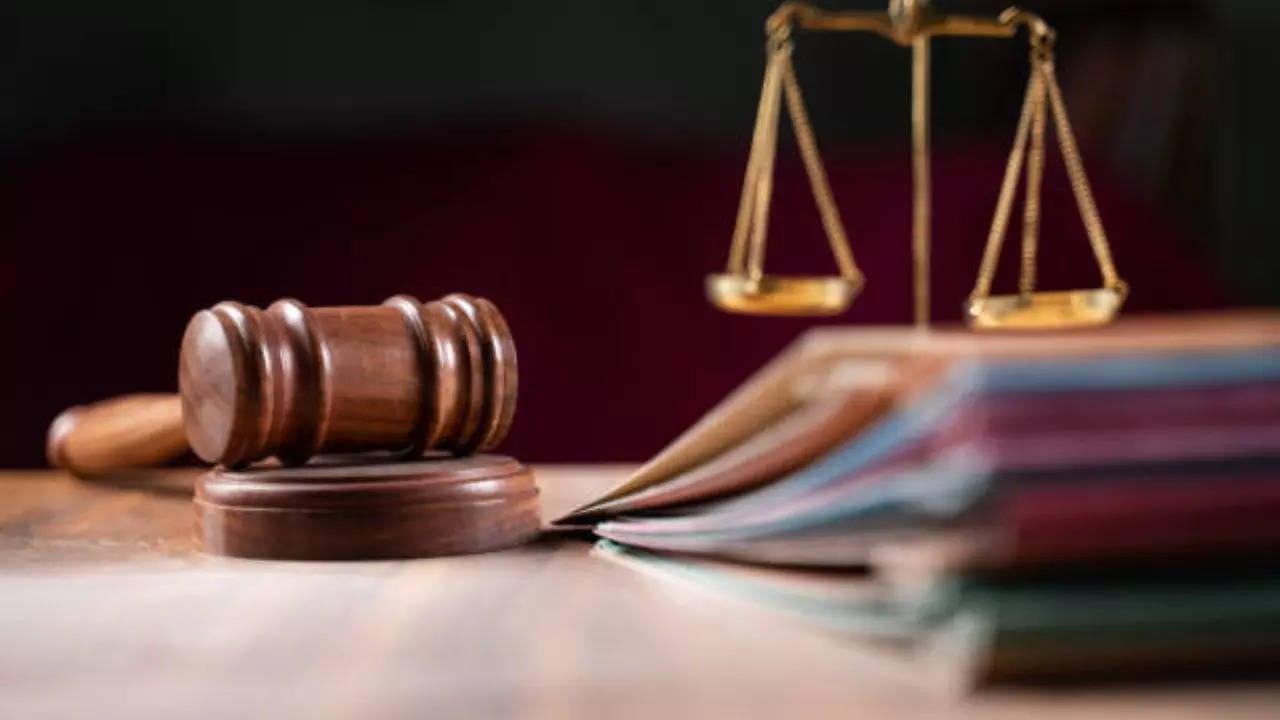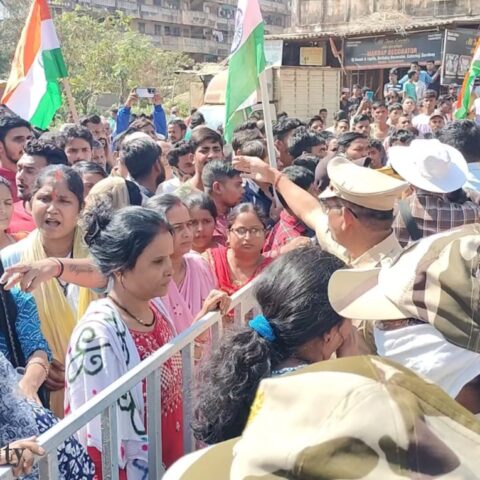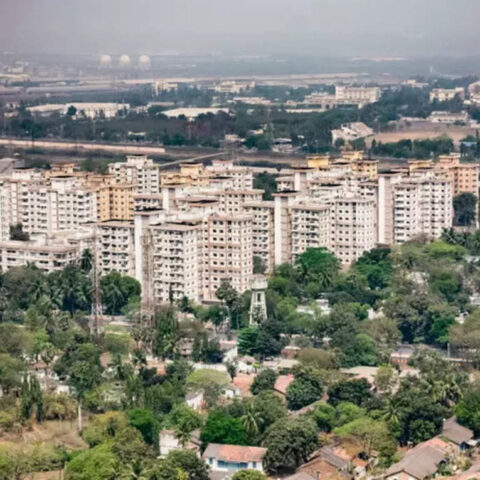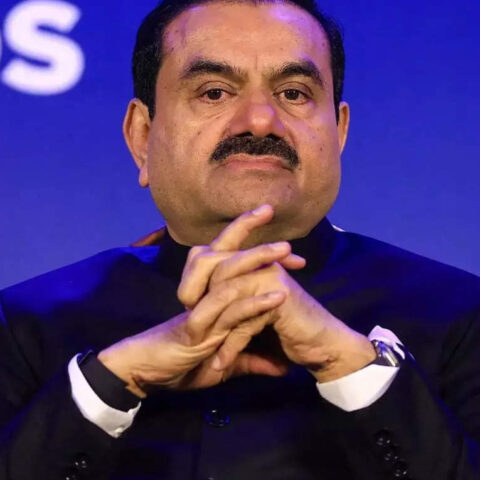
MUMBAI: The Bombay High Court on Wednesday granted bail to Pune-based builder Avinash Bhosale in a money-laundering case, noting that at the end of the trial he may not be found guilty of the offence he is being prosecuted for.
Bhosale, chairman and founder of ABIL Group, was arrested by the Enforcement Directorate in June 2022. He had been initially arrested by the CBI in a corruption case, and obtained bail from the high court in that case in May.
Justice Manish Pitale on Wednesday granted Bhosale bail in the ED case on a personal bond of Rs one lakh. “There are reasonable grounds to believe that the applicant (Bhosale) is not guilty of the offences for which he is being prosecuted. The applicant is already granted bail in the predicate offence (registered by the CBI),” Justice Pitale said.
According to the ED, Bhosale received kickbacks from Yes Bank founder Rana Kapoor, also an accused in the case, in return for diverting funds. Yes Bank, under Rana Kapoor, had disbursed Rs 3,983 crore to Deewan Housing Finance Limited (DHFL), which were proceeds of crime.
Of this amount, DHFL sanctioned and disbursed loans aggregating to Rs2,420 crore to three group concerns of Radius Group, headed by Sanjay Chhabria, also an accused in the case. Bhosale allegedly received Rs 350 crore kickbacks from Radius group for facilitating loans from DHFL in the form of consultancy services payments, ED alleged.
ED has relied on three major transactions between Bhosale’s companies and DHFL and Radius group. Bhosale in his bail plea, however, contended that the allegations were misconceived, and these were all legitimate business transactions and returns on investments made in 2014-2015. His counsel Aabad Ponda also raised the grounds of prolonged incarceration and the fact that trial would take some time to conclude.
ED counsel Hiten Venegaonkar said there was sufficient material to make out a strong prima facie case to show that Bhosale was beneficiary of proceeds of crime. The high court, however, noted that the transactions showed that amounts were being returned pursuant to investments made by Bhosale in 2014-15, and as per mutually agreed covenants.
This indicates that “it could never have been contemplated in the years 2014 and 2015 that such proceeds of crime would be generated in future, which would be utilized for returning the investments”, the bench said. The judge also underscored that there was “remote possibility” of the trial even commencing, and hence there is hardly any possibility of the trial being completed within a reasonable period of time.









